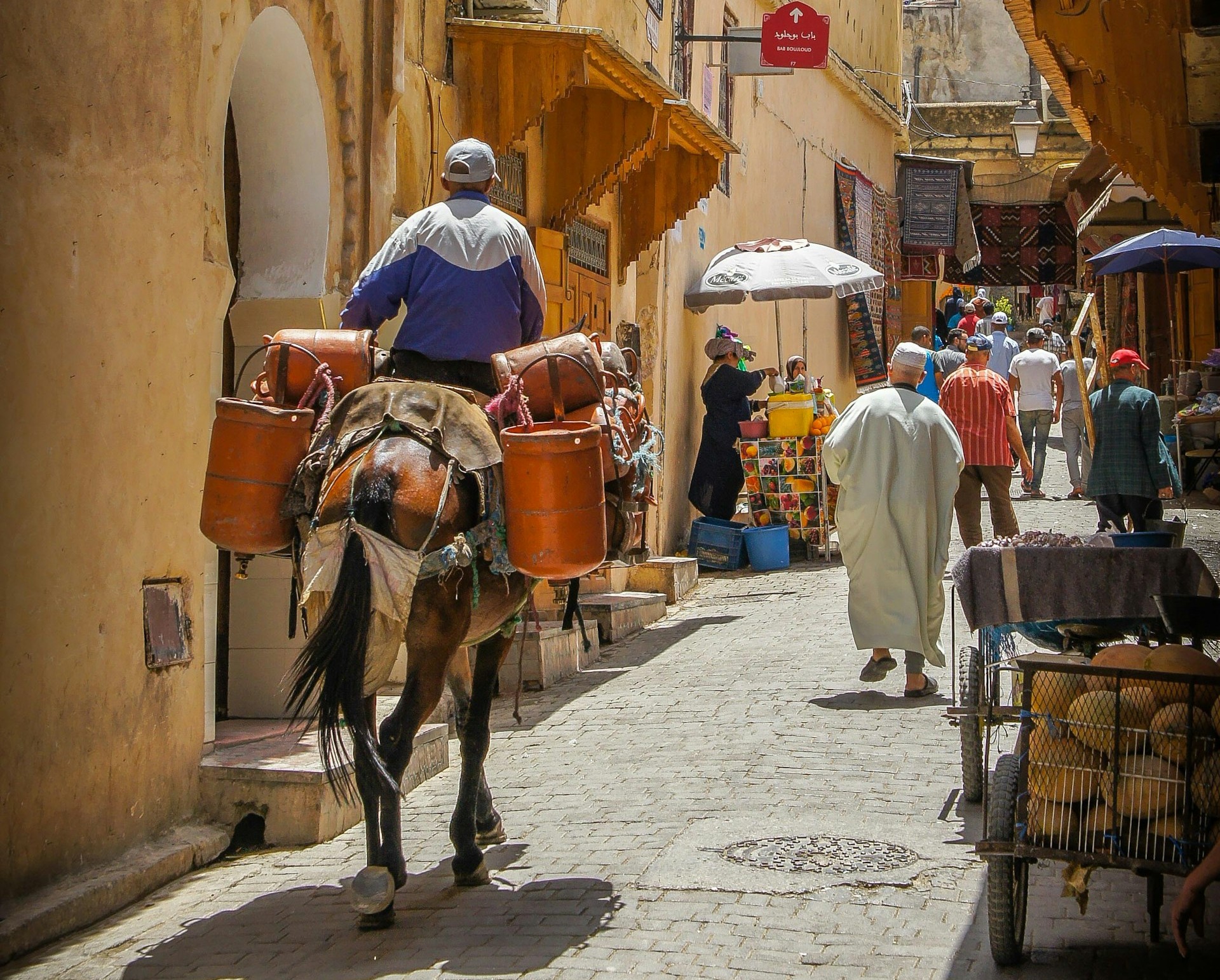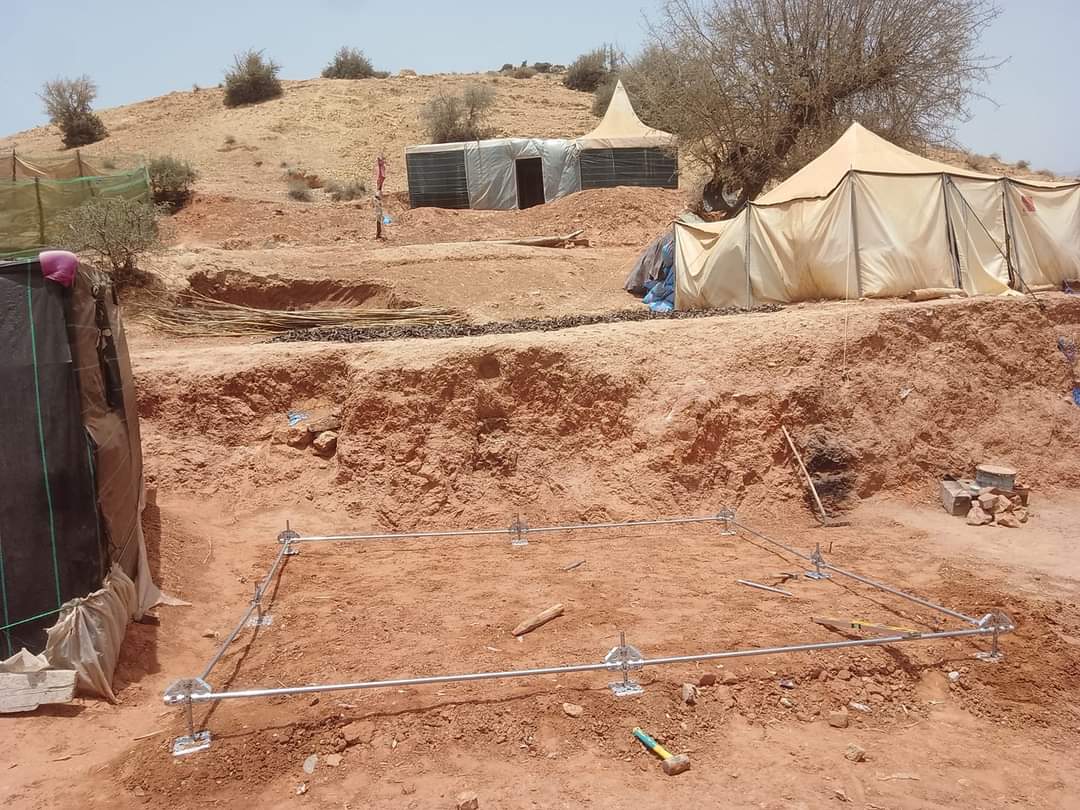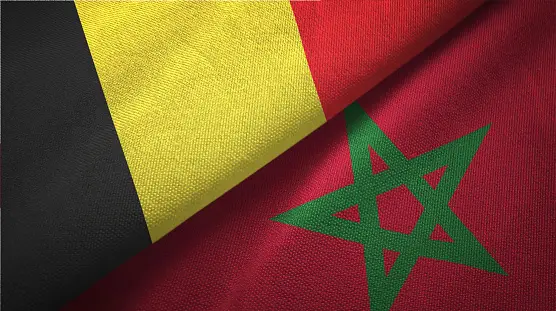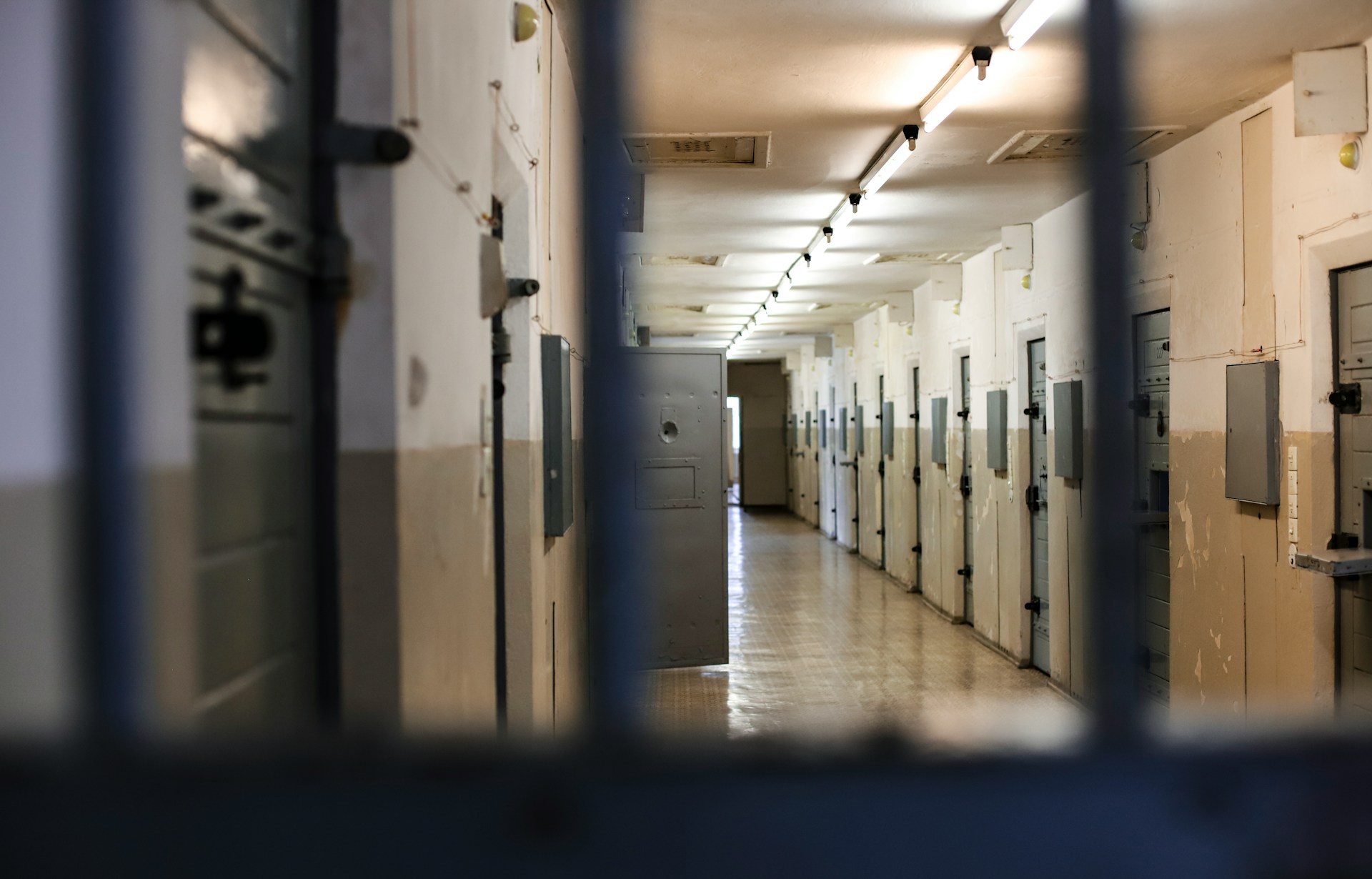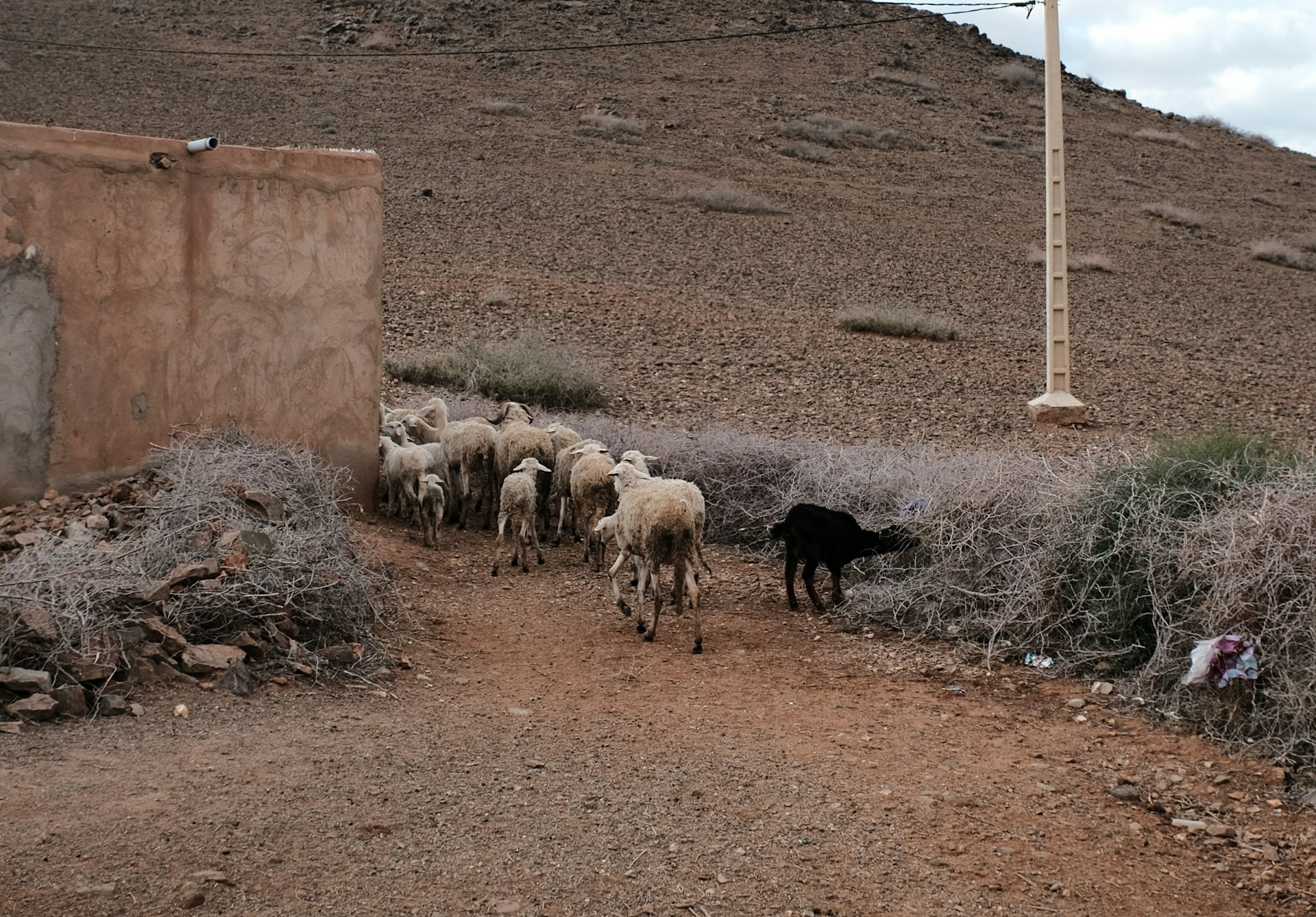Casablanca – Morocco has announced a major step in its social protection strategy, with the first increase in direct social support payments set to take effect by the end of November 2025. The government confirmed that this adjustment will be implemented without changing the price of butane gas, ensuring that essential household goods remain affordable for citizens.
The increase is part of Morocco’s long-term plan to gradually implement the royal initiative on direct social support, which aims to strengthen the impact of government aid on the living standards of vulnerable families. According to government officials, the new support amounts will target families with children, orphans, and other disadvantaged groups, ensuring that the benefits reach those most in need.
Under the revised program, households will receive $25 for each of the first three children who are enrolled in school or under six years of age. For children who are not enrolled in school, the support will amount to $18 per child. Orphaned children on the father’s side who are still attending school or are under six will receive $39 per child for the first three children. The program also guarantees a minimum direct support amount of $52 per family, regardless of family size or whether they have children, ensuring that even households with no children or only one child are covered.
In addition to these payments, the government has emphasized that support will be extended to children in social care institutions, including orphans and abandoned minors. This initiative aims to provide these children with access to social protection, encourage their schooling, and improve their social and economic integration once they reach adulthood. Officials describe this approach as consistent with the broader vision of institutional solidarity promoted by the Moroccan state.
The Prime Minister highlighted that Morocco’s commitment to a social state is the result of a structured, long-term plan guided by royal vision over the past 25 years. This vision culminated in the royal initiative to generalize social protection, one of the country’s most ambitious reforms, aimed at protecting citizens’ dignity, reducing inequalities, and consolidating social justice.
Since the launch of the direct social support program in late 2023, the initiative has already disbursed approximately $4.2 billion to more than 4 million households, covering nearly 12 million beneficiaries. This includes over 5 million children protected against risks associated with early childhood, and around 1.5 million elderly individuals over the age of 60. The total number of children now benefiting from the program, particularly those under six, exceeds 8.5 million, reflecting the program’s rapid expansion and growing impact.
Officials emphasize that this increase marks a significant step in strengthening household purchasing power and expanding social safety nets. By ensuring that direct social support reaches vulnerable groups without affecting the price of essential commodities such as butane gas, the government aims to make social protection a tool for both economic stability and national cohesion.
The initiative also reflects Morocco’s broader approach to development, which combines social protection with regional planning and local governance. Authorities stress the importance of ensuring that projects are aligned with local realities, backed by strong local capacities, and supported through coordinated funding. Digital monitoring systems are also being implemented to track the program’s impact in real time, ensuring accountability and efficient delivery.
Through these measures, Morocco continues to expand its social protection network, reinforcing the country’s commitment to equitable development and targeted support for its most vulnerable citizens. The government’s strategy positions direct social support not just as a safety net but as a cornerstone of inclusive economic and social development, aiming to reduce disparities and foster long-term stability.






